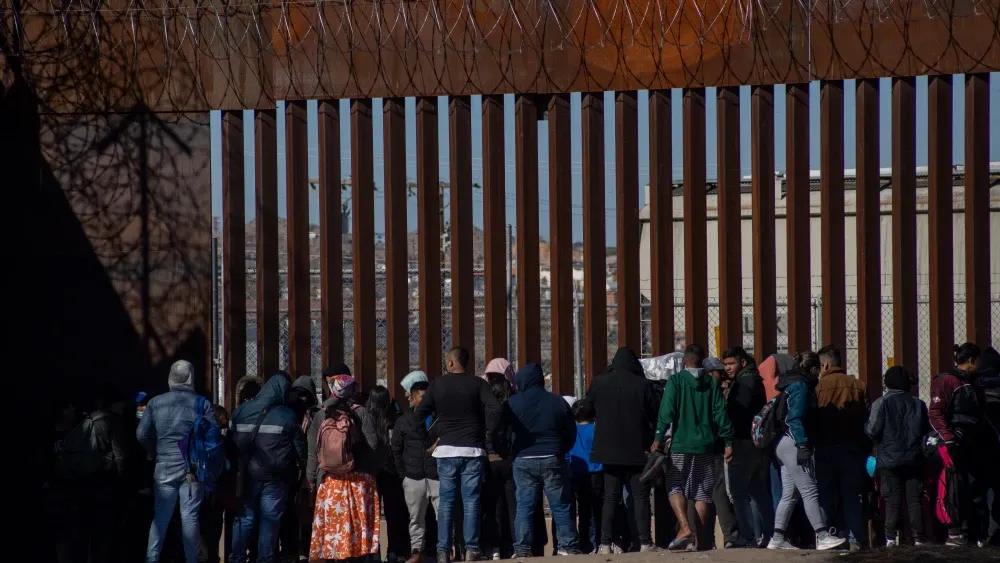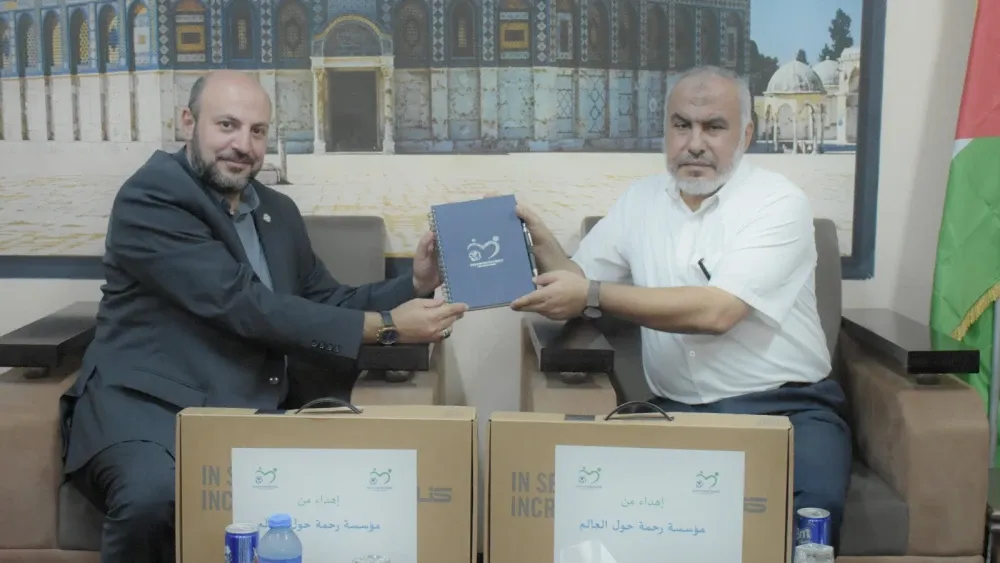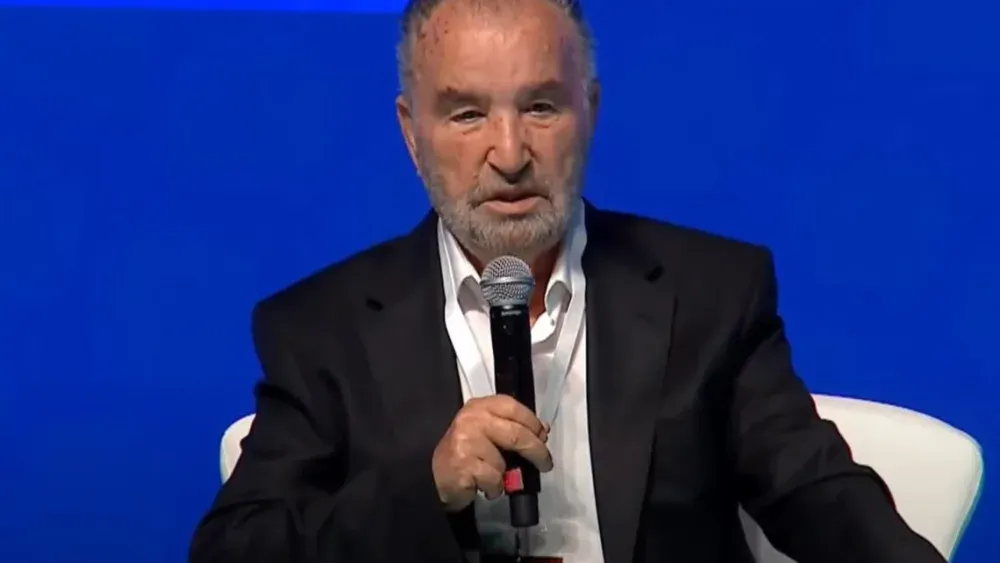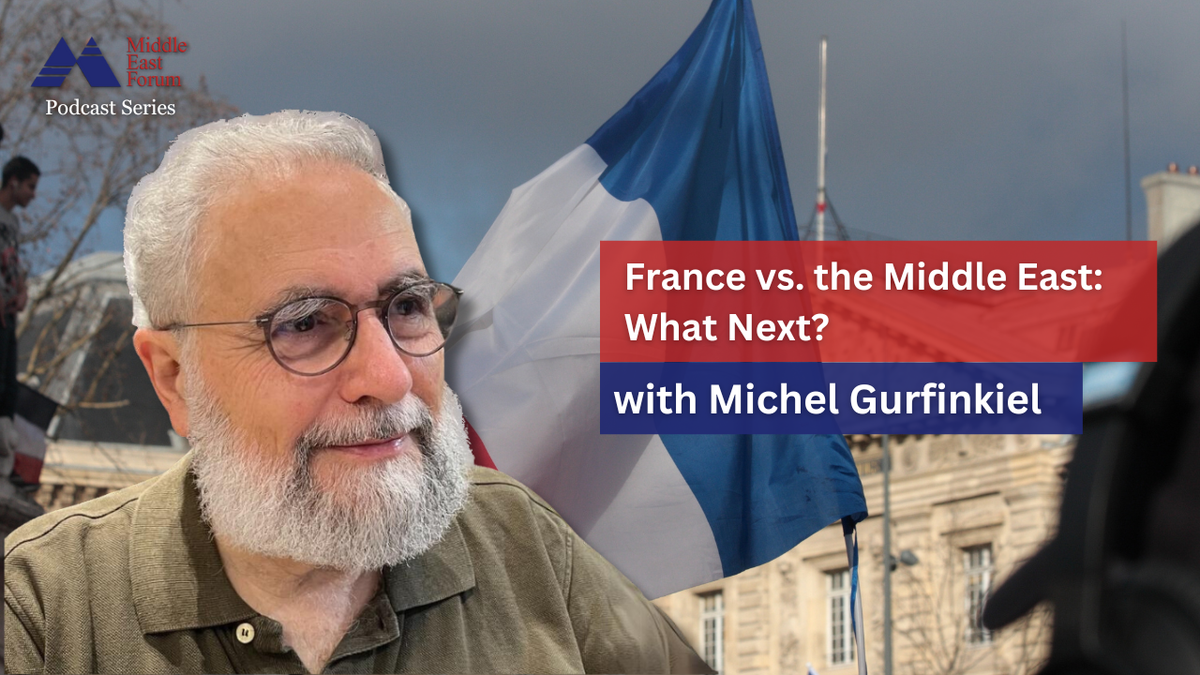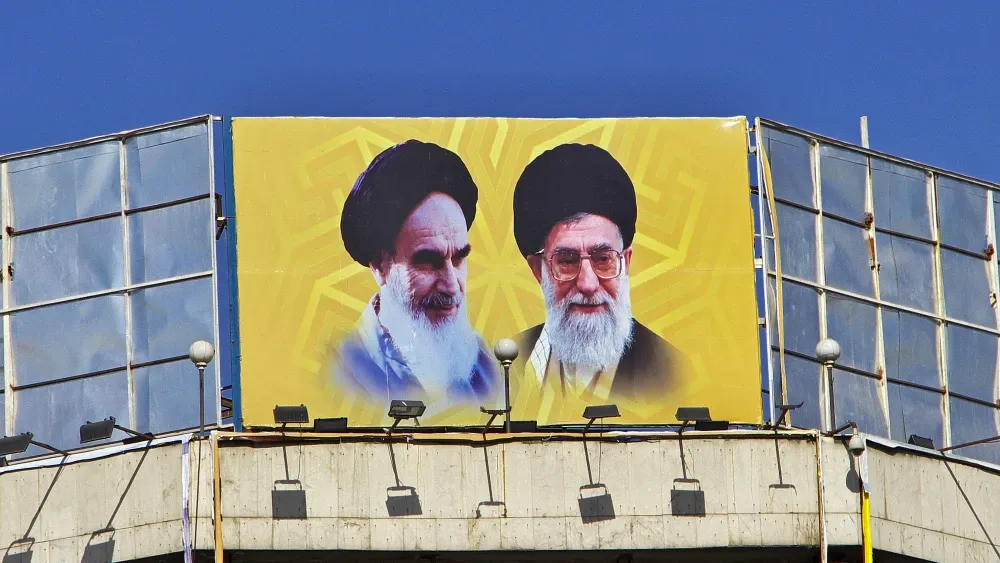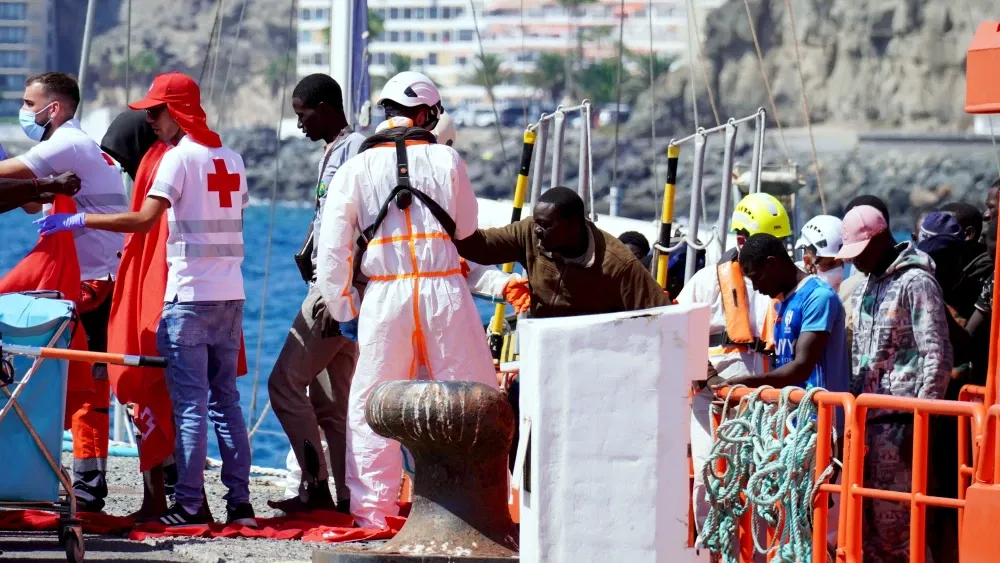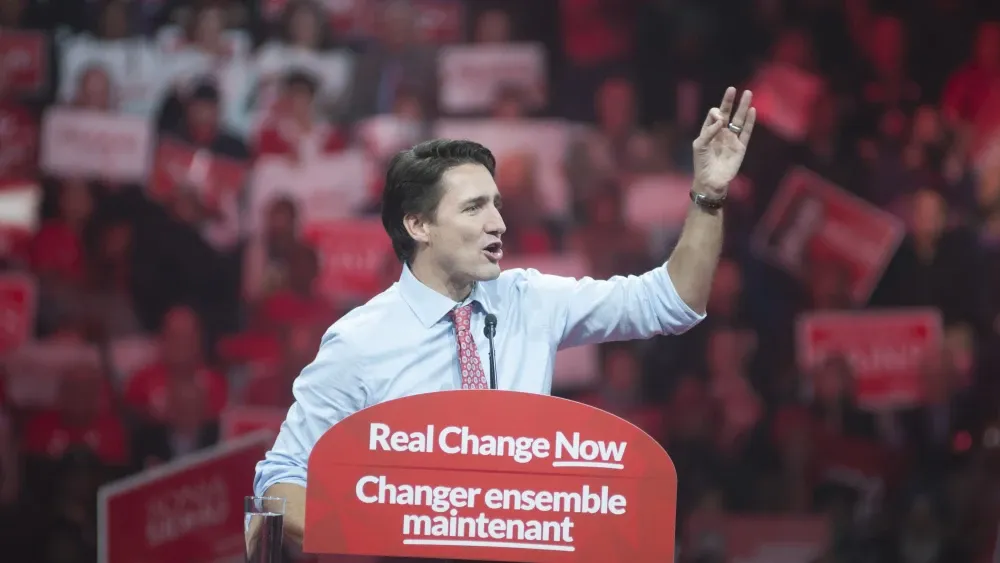| ||
 | ||
| Border Breaches, Islamist Ties to NSC, and Turkey's Nuclear Push By Ahnaf Kalam ● Sep 23, 2024 Smart Brevity® count: 5 mins...1367 words National security is faltering as vulnerabilities at home and abroad deepen. From terrorists slipping through the U.S.-Mexico border to federal meetings with Hamas-linked charities, critical lapses are emerging in U.S. defense. Globally, Turkey’s pursuit of nuclear weapons under President Erdoğan and France’s battle against radical Islamist influence further expose the fragility of international security. These growing threats reveal a dangerous reality: borders are porous, ideologies are colliding, and the foundations of global defense are beginning to crack. | ||
Counter-Terrorism Lapses at the Border Open U.S. to AttackA Jordanian on the FBI watch list attempted to breach Quantico Marine Corps Base last month. Why it matters: This incident highlights a serious security flaw at the U.S.-Mexico border, where suspected terrorists are slipping through undetected.
The big picture: The Biden administration’s handling of border security has been criticized for overwhelming Border Patrol agents, leading to accidental releases of individuals on the watch list.
What’s next: Lawmakers are urged to demand investigations and public hearings to address these security lapses before they result in catastrophic attacks.
| ||
National Security Council Embraces Official of Hamas-Contracted CharityThe Biden administration’s national security officials met with Rahma Worldwide founder Shadi Zaza, despite the charity’s ties to Hamas. Why it matters: Rahma Worldwide has partnered with Hamas, a designated terrorist organization, raising concerns about the charity’s influence and federal funding.
Details: In October 2021, Rahma’s CEO Shadi Zaza and colleagues met with Hamas minister Ghazi Hamad, offering support for Hamas’s social and charitable programs.
The big picture: Rahma’s collaboration with Hamas and other terror-linked organizations underscores a broader failure of Western governments to scrutinize and act against Islamist charities.
What’s next: Policymakers and counter-extremism analysts must address the implications of government-tolerated Islamist charities and enforce laws against material support for terrorism.
| ||
Erdoğan Fatwa Giver: Turkey Must Acquire Nukes to Stop Israeli ImperialismHayrettin Karaman, a prominent Islamic jurist, advocates for Turkey to acquire nuclear weapons to counter Israel’s influence. Why it matters: Karaman’s call for nuclear capabilities highlights the escalating tensions between Turkey and Israel, and underscores the growing radical rhetoric within the Erdoğan administration.
Details: In an article published on September 8, Karaman argued that Turkey’s current efforts are insufficient to stop Israel and urged collaboration with China and Russia or the acquisition of nuclear weapons.
The big picture: Turkey’s alignment with Hamas and criticism of the NPT reflect a broader strategy to challenge Western and Israeli dominance in the region.
What’s next: If Karaman’s views gain traction, Turkey’s pursuit of nuclear capabilities could further destabilize the Middle East and provoke international condemnation.
| ||
Michel Gurfinkiel: France vs. the Middle East – What Next?The October 7 tragedy has highlighted the impact of massive, non-European, and largely radical Islamic immigration on French society. Why it matters: The Muslim population in France has grown significantly, affecting the country’s ethnic fabric and societal norms.
Details: Annual migration into France includes approximately 200,000 legal and 200,000 illegal migrants, predominantly from Islamic countries in North Africa, Sub-Saharan Africa, and the Middle East.
The big picture: The political landscape in France is transforming, with the far-left party, La France Insoumise, aligning with Muslim radicals, and the National Rally, led by Jordan Bardella, gaining popularity.
What’s next: France faces a potential worst-case scenario similar to Lebanon, where community conflicts could undermine national unity.
| ||
Will Iran Add Saturdays to Weekends? Official Ideology Constrains Practical PoliciesIranian politicians are debating a shift from a Thursday-Friday weekend to a Friday-Saturday model to align with global economic practices. Why it matters: The current weekend disrupts Iran’s financial institutions for four consecutive days due to misaligned global market closures, hindering economic growth.
Details: The Iranian parliament approved the change on May 15, 2024, but the Guardian Council rejected it, citing Islamic law and the constitution.
The big picture: Iran’s ideological motivations often impede rational policymaking, leading to institutional stagnation and public dissatisfaction.
What’s next: The outcome of this debate will signal whether Iran can adapt to global economic standards or remain constrained by ideological rigidity.
| ||
Uncontrolled Immigration Is Undermining Spanish NationalitySpain faces a historic shift as the prison population of young foreigners surpasses that of young Spaniards for the first time. Why it matters: The rising crime rates among immigrants, particularly from Muslim countries and sub-Saharan Africa, highlight the social and security challenges Spain is facing.
Details: Spain’s approach to immigration has led to a qualitative change in the immigrant population, with increasing numbers from Morocco and sub-Saharan Africa.
The big picture: The economic argument for immigration is questioned as many new immigrants do not contribute to state coffers but rather consume public resources.
What’s next: Addressing the social and security risks associated with uncontrolled immigration requires a reevaluation of Spain’s immigration policies and a balanced approach to integration.
| ||
Additional Updates:
| ||
| As terrorists exploit gaps at the U.S.-Mexico border and charities linked to Hamas continue to gain federal attention, the cracks in our security are widening. Globally, Turkey's nuclear ambitions, France's struggles with radical Islamism, and Iran's conflict between economic needs and ideological rigidity expose vulnerabilities that cannot be ignored. At the same time, Spain faces increasing social tension fueled by immigration and rising crime. With each of these crises intersecting, it’s clear that the balance between security, governance, and ideology is growing ever more precarious. Sincerely, Ahnaf Kalam | ||
| Feedback Please share your thoughts on this edition. Was this edition useful? Your responses are anonymous | ||
| Powered by | ||
| ||


